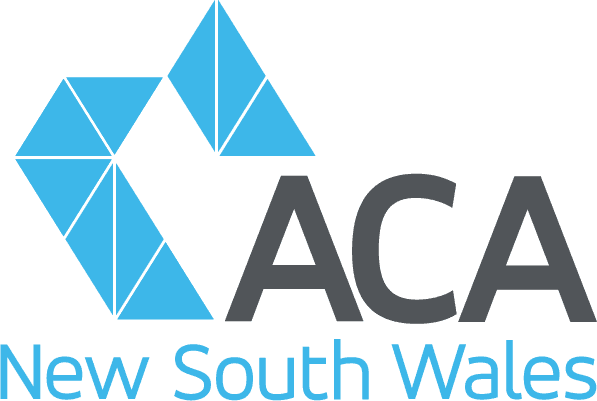The Early Learning and Childcare Industry in Australia is a vital sector that plays a crucial role in shaping the future of children and supporting working families. As one of the fastest-growing industries, it offers numerous opportunities for individuals passionate about nurturing young minds and making a positive impact. However, succeeding in this dynamic field requires a diverse set of skills and competencies. In this blog, we’ll explore the ten must-have skills for success in the Early Learning and Childcare Industry in Australia!
1. Communication Skills
Effective communication is fundamental in the Early Learning and Childcare Industry, as it involves constant interaction with children, parents, colleagues, and other stakeholders. Early childhood educators need to communicate clearly and empathetically to build trust with children and their families. According to the Australian Institute of Family Studies (AIFS), strong communication skills contribute to positive relationships and enhance learning outcomes for children in childcare settings.
2. Patience and Flexibility
Working with young children requires patience and flexibility as each child has unique needs and abilities. Early childhood educators must adapt to changing situations and remain calm under pressure. The Australian Childcare Alliance (ACA) reports that patience and flexibility are key qualities sought by employers in the childcare sector due to the unpredictable nature of working with children.
3. Child Development Knowledge
A deep understanding of child development is essential for providing high-quality care and education to young children. Early childhood educators should be familiar with developmental milestones, learning theories, and best practices in early childhood education. The Early Years Learning Framework (EYLF) provides a comprehensive guide to early childhood educators on supporting children’s learning and development.
4. Creativity and Imagination
Creativity plays a significant role in designing engaging learning experiences for children. Early childhood educators should be imaginative in planning activities that stimulate curiosity and foster creativity. According to a study by Early Childhood Australia, incorporating creative arts and imaginative play enhances children’s cognitive and emotional development.
5. Organisational Skills
Effective organisational skills are crucial for managing daily routines, planning curriculum activities, and maintaining a safe and stimulating environment for children. Early childhood educators must be able to multitask and prioritise tasks efficiently. The Australian Children’s Education & Care Quality Authority (ACECQA) emphasises the importance of organisational skills in ensuring compliance with regulatory requirements and delivering high-quality childcare services.
6. Collaboration and Teamwork
Collaboration and teamwork are essential for creating a supportive and inclusive environment in childcare settings. Early childhood educators often work closely with colleagues, parents, and external service providers to meet the diverse needs of children and families. The Department of Education, Skills and Employment highlights the value of collaborative partnerships in promoting positive outcomes for children in early learning and childcare.
7. Cultural Competence
Cultural competence involves respecting and valuing diversity in childcare settings, including cultural backgrounds, languages, and traditions. Early childhood educators should be sensitive to cultural differences and actively promote inclusion and equity. The Australian Government’s Department of Health emphasises the importance of cultural competence in delivering culturally responsive early childhood education and care.
8. Emotional Intelligence
Emotional intelligence refers to the ability to recognise and manage emotions, both in oneself and others. Early childhood educators should be empathetic and supportive, creating a nurturing environment where children feel safe to express their feelings. The Australian Children’s Education & Care Quality Authority (ACECQA) recognises emotional intelligence as a critical skill for building positive relationships with children and promoting their social-emotional development.
9. Problem-Solving Skills
The childcare environment often presents various challenges and unexpected situations that require quick thinking and problem-solving skills. Early childhood educators should be resourceful and proactive in addressing issues related to behaviour management, safety, and learning barriers. The Australian Government’s Child Care Subsidy program encourages childcare providers to develop effective problem-solving strategies to meet the diverse needs of families.
10. Lifelong Learning Mindset
Continuous professional development is essential for staying updated with the latest research, trends, and regulations in the early learning and childcare industry. Early childhood educators should be committed to lifelong learning and seek opportunities to enhance their skills and knowledge. The Australian Children’s Education & Care Quality Authority (ACECQA) offers professional development resources and training programs to support ongoing learning for childcare professionals.
Success in the Early Learning and Childcare Industry in Australia requires a combination of interpersonal, pedagogical, and organisational skills. By cultivating these essential skills, early childhood educators can make a positive impact on children’s lives and contribute to the continued growth and development of the childcare sector. As the demand for high-quality early childhood education and care continues to rise, investing in professional development and skill-building is crucial for meeting the evolving needs of children and families across Australia.
Find jobs today
References:




